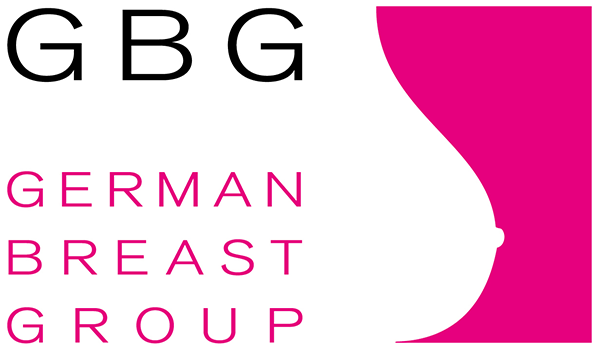Modern breast cancer treatment is at a turning point: traditional standard therapies are increasingly giving way to tailored treatment approaches—made possible by molecular and genetic testing. But how do these tests work, what specific benefits do they offer for therapy, and why are they still used so rarely despite their potential?
GBG explains:
Molecular testing of tumor tissue or germ lines is opening up new perspectives in personalized medicine. This is because it provides information about genetic changes that not only help in the choice of therapy, but also allow conclusions to be drawn about the effectiveness of certain drugs and possible resistances. Tests for pathogenic variants in known risk genes such as BRCA1, BRCA2, or PALB2 are particularly relevant—not only for the patient concerned, but also for their family members, for whom preventive measures can be derived.
Practical hurdles and information on costs
Despite medical advances, uncertainties remain in practice. When is a molecular test actually indicated? Which tests are relevant—and who pays for them? The requirements for indication and reimbursement are often complex, which can lead to noticeable reluctance to use them.
This has a direct impact on care: if testing is too rare, patients may be denied access to modern therapies and prevention strategies. We want to counteract this and educate people!
Take a look at our recorded workshop „Molekulare Testungen bei Brustkrebs kompakt erklärt – Endlich Klarheit“ and print out the handout with the most important facts!
